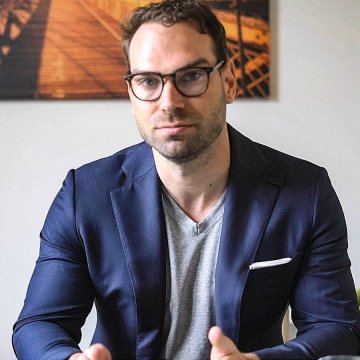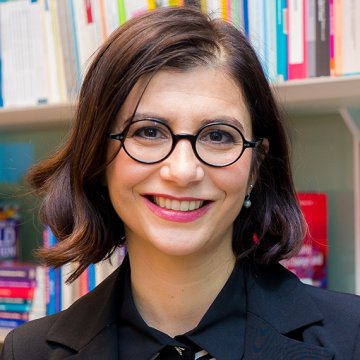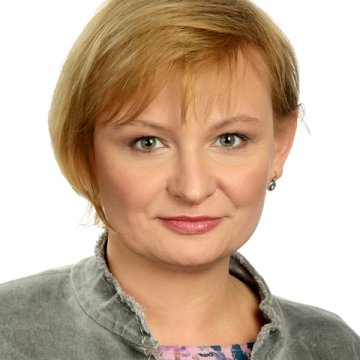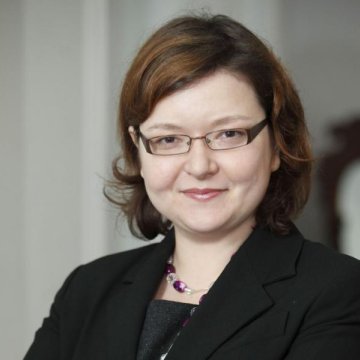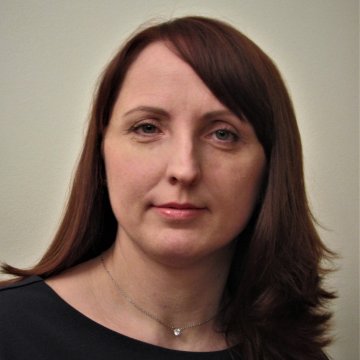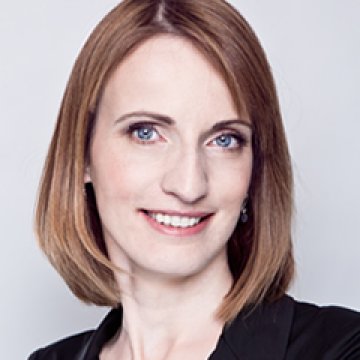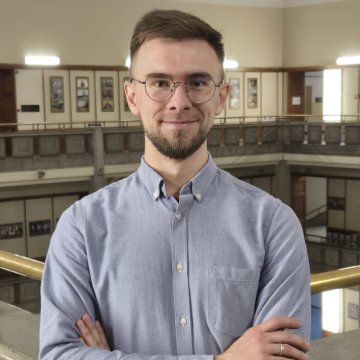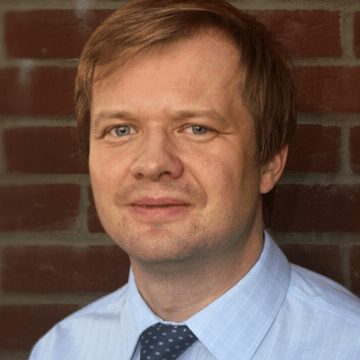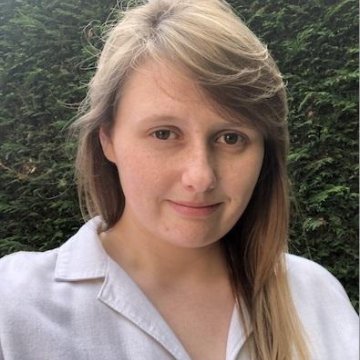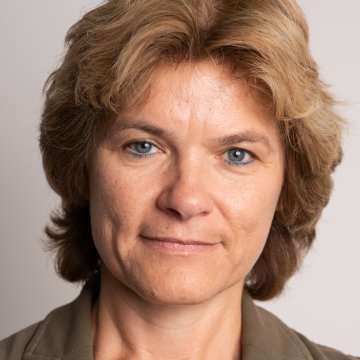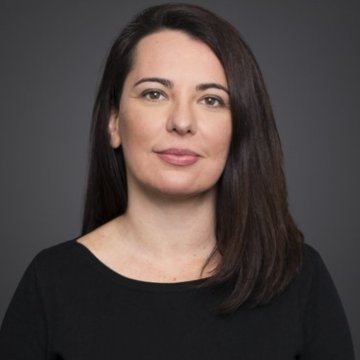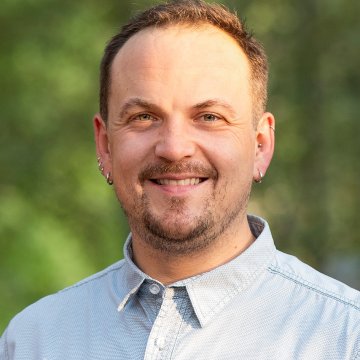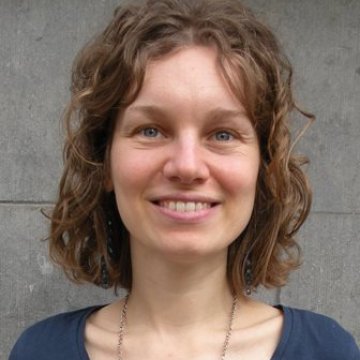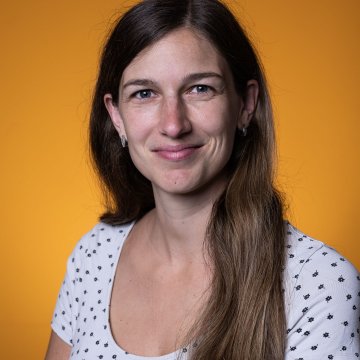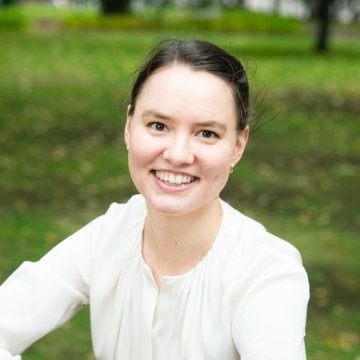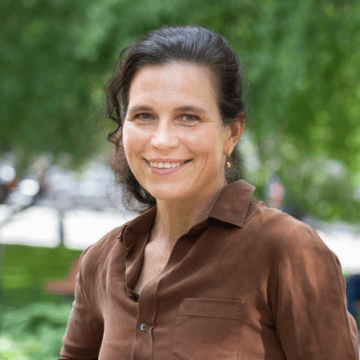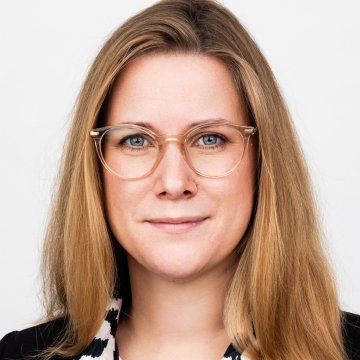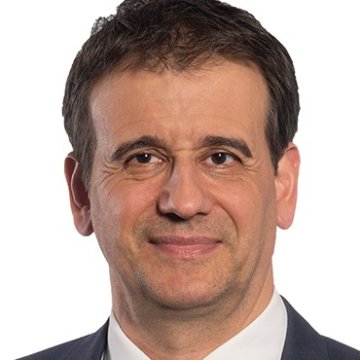
What is FutuRes?
FutuRes was an EU-funded research project. In it, leading demographers and economists focused on preparing for the demographic shift in Europe. Its "Policy Lab" developed recommendations for policies.
FutuRes' funding period ended in January 2026.
Principal Investigator of FutuRes
Prof. Aassve leads the conversation with policy experts, through which the project explores policies of resilience.
Research Leader: resilience in the context of fertility
Prof. Chłoń-Domińczak leads the FutuRes team at Warsaw School of Economics. They analyse latest data from Europe-wide surveys to understand the effects of social capital and human capital in crises, especially with respect to families and young people.
Research Leader: labour market resilience
Prof. Bijak and his FutuRes team at the University of Southampton are working to find out how to balance future skill shortages. Migration and technological advancements are the central drivers which they examine. For this, they employ the latest computational models.
Research Leader: resilience and pension reforms
Prof. Fürnkranz-Prskawetz leads the FutuRes team at TU Vienna. They are building an innovative mathematical model to simulate effects of social security policies. This model will include changing demography, changing economy, and the reactions of households to these changes.



